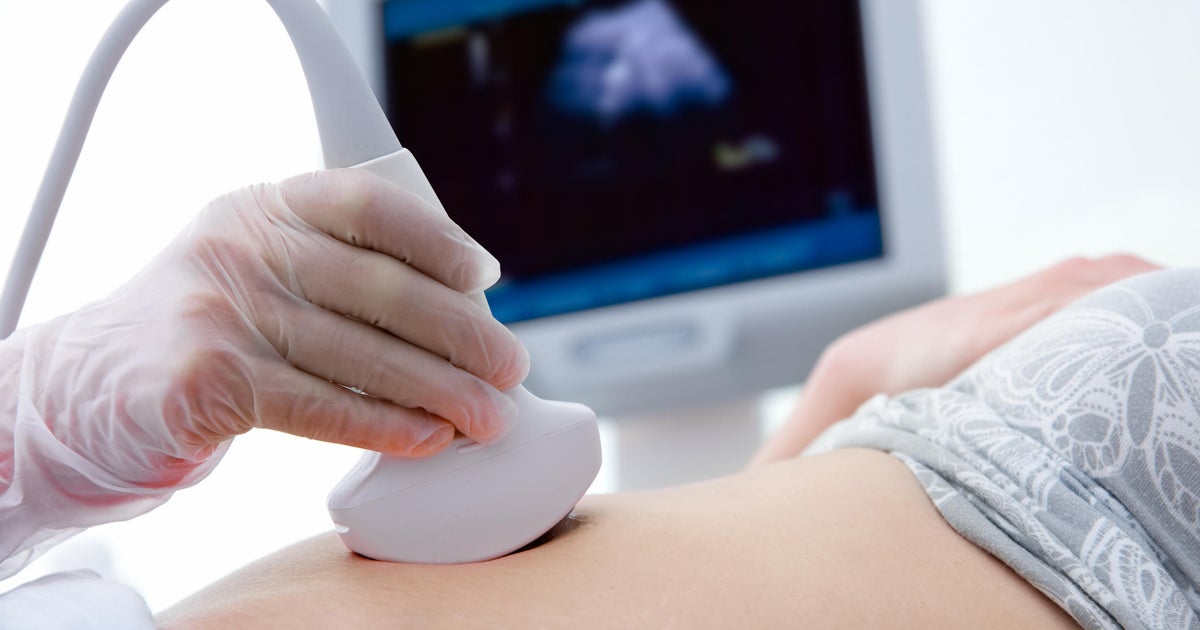More than a third of U.S. counties lack of care for pregnant women, according to March of Dimes. To help bridge the gap, the nonprofit has rolled out mobile units with ultrasound capabilities in cities where care is not available.
Certified midwife Billie Hamilton-Powell leads the mobile office in the Washington DC and Maryland region, reaching women who might otherwise go without care.
“During pregnancy, it is important to go to the doctor; they can examine any abnormalities,” says Jennifer Eleribe, who currently has no insurance.
Eleribe was concerned about finding prenatal care until her colleague told her about the service.
March of Dimes helped launch the Mobile Health Centers with providers in local communities, targeting the geographic regions that need the support. Currently there are units in Columbus, Ohio, Phoenix and Tucson, Arizona, Washington, DC and New York. Houston is expected to launch a unit later this year.
“We know that women who don’t get prenatal care are three to four times more likely more likely to die,” said Dr. Elizabeth Cherot, president and CEO of March of Dimes.
Cherot says the care can be lifesaving in the areas considered maternity care desertswithout a hospital or birth center that provides obstetric care or health care providers.
In these maternity care deserts, more than 2 million women live without access to prenatal care or midwives, according to the March of Dimes. Millions more live in areas where medical support is extremely limited, the organization estimates.
“In rural South Dakota you drive 150 miles, can you imagine having to make one prenatal visit?” Cherot said.
Urban environments are also affected, such as Prince George’s County, Maryland, just outside DC
“If a mother gets prenatal care, I can save her from problems with her diabetes, hypertension and preterm labor,” says Hamilton-Powell, who is also director of obstetrics and mobile health at the University of Maryland Capital Region Health Medical Group.
Hamilton-Powell serves women who are uninsured or underinsured, and she says it saves the patients and the hospitals in the long run because her patients’ health outcomes have improved.
“I don’t want any woman to have to worry about whether I’m going to pay my rent, or pay my deductible, or not get my prenatal care,” she said. “This is going to solve that problem.”
This is not the only form of mobile care that is emerging.
Last year, Dr. reported Jon LaPook, CBS chief medical correspondent, on groundbreaking mobile stroke units that allowed patients to be treated more than half an hour faster than traditional emergency medical methods.
And earlier this year, in an attempt to address this prostate cancer prices, mobile units in New York put on free screenings to communities that need it most.
Called the Mount Sinai Robert F. Smith Mobile Prostate Cancer Screening Unit, blood tests are performed directly on the mobile unit with results in 23 minutes. Follow-up exams can also be taken on the bus.







